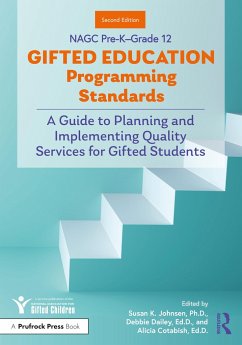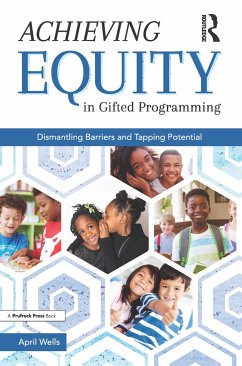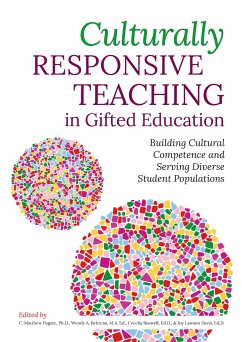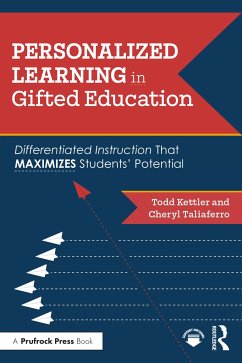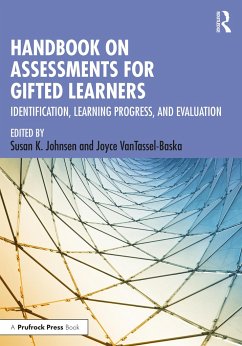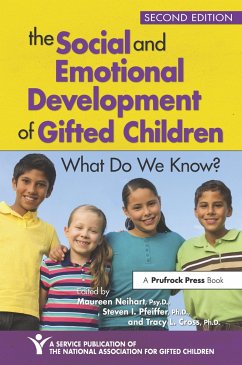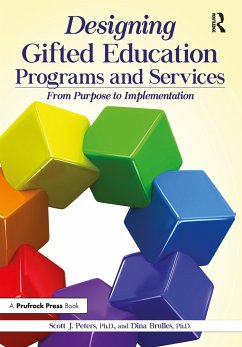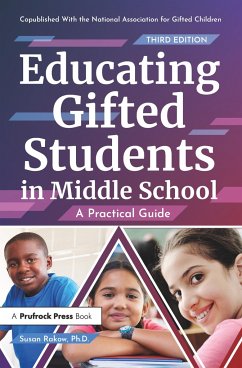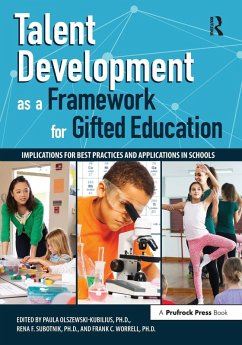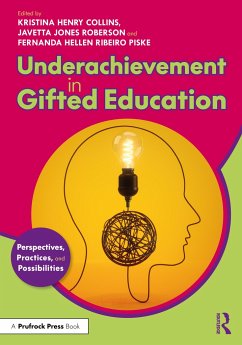
Critical Issues and Practices in Gifted Education
A Survey of Current Research on Giftedness and Talent Development
Herausgeber: Plucker, Jonathan; Callahan, Carolyn
Versandkostenfrei!
Versandfertig in 1-2 Wochen
116,99 €
inkl. MwSt.
Weitere Ausgaben:

PAYBACK Punkte
58 °P sammeln!
Critical Issues and Practices in Gifted Education is the definitive reference for a summary and evaluation of the literature on giftedness, gifted education, and talent development.




